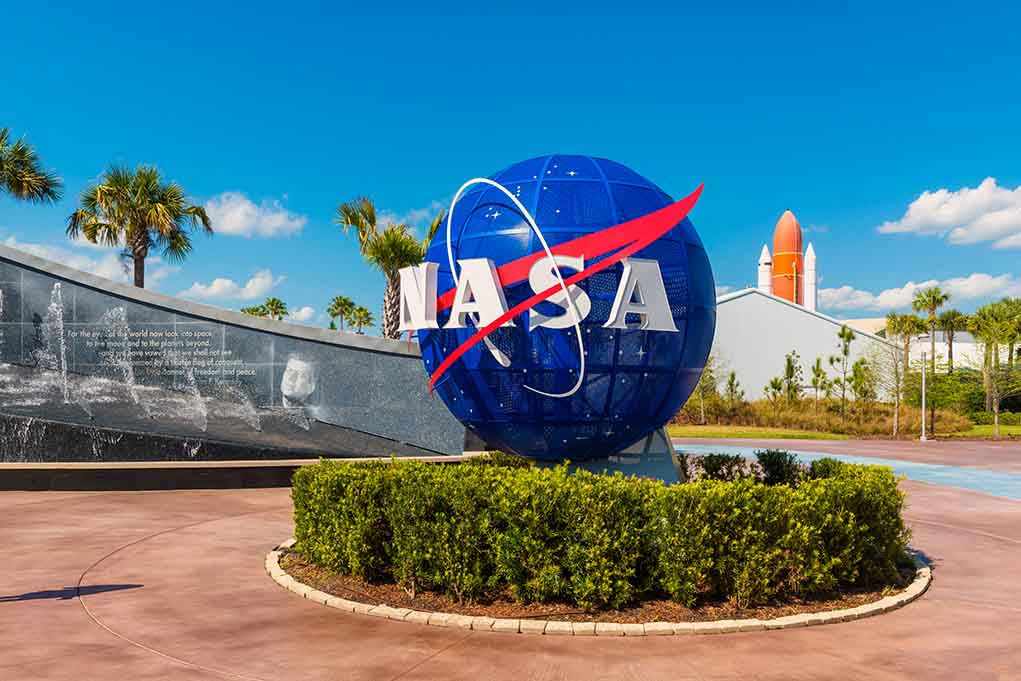
NASA’s latest Mars rover discovery ignites debate over government science spending, raising questions about priorities as Washington faces economic and constitutional pressures.
Story Snapshot
- NASA’s Perseverance rover uncovers Martian mudstones with organic carbon, fueling speculation about ancient life on Mars.
- Discovery spotlights advanced scientific spending—while Americans demand accountability and constitutional restraint in federal programs.
- The findings could reshape future space policy, education funding, and scientific priorities in the Trump era.
- Experts urge caution, noting biological origins remain unproven and call for further sample analysis on Earth.
NASA’s Perseverance Rover: Discovery and Implications
NASA announced that its Perseverance rover had discovered clay-rich mudstones in Mars’ Jezero Crater containing organic carbon and unusual surface textures. These “leopard spots” and “poppy seeds” are typically associated with biological processes on Earth, prompting renewed excitement about the possibility of ancient life beyond our planet. The peer-reviewed study in Nature detailed how the rover used advanced instrumentation to analyze these minerals and organic compounds in situ, making this the most compelling evidence yet for potential Martian biosignatures.
The discovery was made at Cheyava Falls in the Bright Angel formation, a site chosen for its ancient river valley setting—a prime location for past habitability. While previous missions detected organic molecules and seasonal methane, none have presented as direct or varied evidence of possible life. NASA officials emphasized the need for further research, with Acting Administrator Sean Duffy acknowledging that, “This could very well be the clearest sign of life that we’ve ever found on Mars,” while cautioning that rigorous analysis and eventual sample return to Earth are necessary for confirmation.
Federal Science Spending: Balancing Exploration and Accountability
NASA’s breakthrough arrives as the Trump administration reshapes federal priorities, reflecting conservative frustrations over past overspending and government overreach. The cost and scope of space exploration—especially missions searching for extraterrestrial life—are under scrutiny by those who demand fiscal discipline and constitutional adherence. With inflation and past budget excesses still fresh in voters’ minds, many question whether massive investments in scientific exploration best serve American interests, especially when core issues like border security, education, and constitutional rights remain pressing.
Conservative leaders and commentators highlight the need to ensure that federal science budgets are transparent and accountable, aligning with practical benefits for American citizens. Calls for increased oversight and a re-evaluation of spending priorities echo across policy discussions, urging policymakers to balance the allure of scientific discovery with concrete domestic needs.
Education, Policy, and Constitutional Concerns in the Trump Era
The Mars findings indirectly impact broader debates over federal involvement in education, research, and scientific innovation. Recent Trump administration executive actions have shifted focus toward reindustrializing America, supporting skilled trades, and curtailing federal influence in K-12 and higher education. As federal agencies invest in advanced STEM and AI programs, critics argue that science spending should not overshadow constitutional values, local control, or common-sense reforms. The renewed emphasis on state autonomy and family values—core to the current administration—raises questions about the role of centralized science agendas in shaping policy and culture.
Litigation has already challenged portions of the administration’s agenda, with courts assessing the legality of federal actions on education and workforce development. As America confronts the implications of scientific breakthroughs and evolving policy landscapes, conservative stakeholders stress that government should champion innovation without undermining liberty, constitutional rights, or fiscal responsibility.
Life on Mars? NASA discovers potential biosignatures in Martian mudstones – https://t.co/PzTfYKiXat
— Ken Gusler (@kgusler) September 11, 2025
Public reactions to NASA’s announcement reflect both fascination and skepticism. Many Americans celebrate the pursuit of knowledge and technological prowess, but others caution against letting scientific ambition overshadow constitutional principles and prudent governance. The ongoing debate over federal spending, agency roles, and America’s place in the world will continue to shape how discoveries like Perseverance’s are understood and acted upon in the years ahead.
Sources:
Did NASA’s Perseverance rover find evidence of ancient Red Planet life? The plot thickens
NASA says Mars rover discovered potential biosignature last year
Potential biosignatures discovered in Martian mudstones—Nature
NASA to Share Details of New Perseverance Mars Rover Finding




